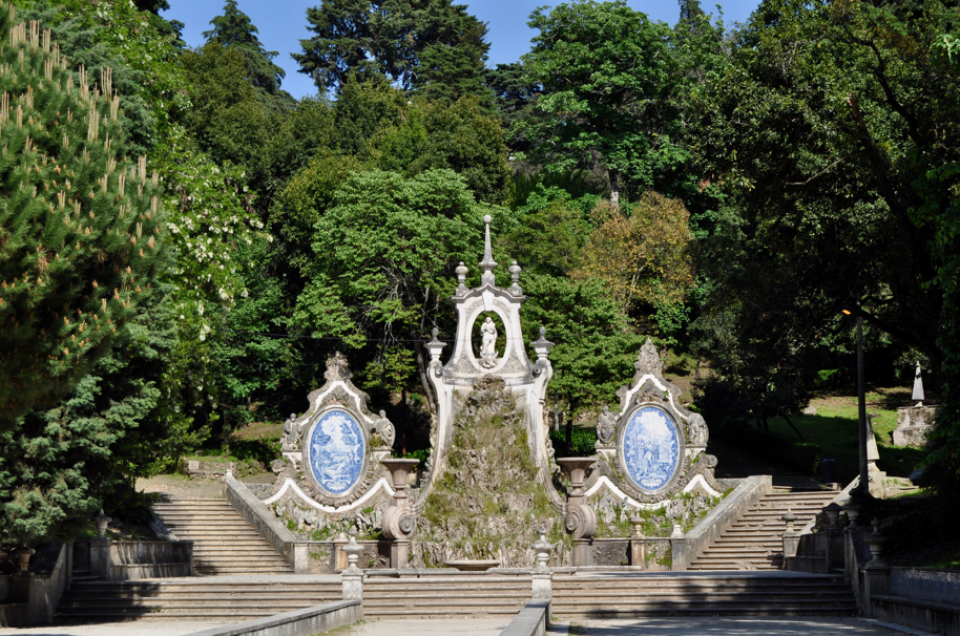
Coimbra (Portugal, Mediterranean climate, Koppen Csb) is house to 150.000 inhabitants. It is the biggest city in the Centro Region, laying in the transition between Mediterranean and Atlantic climates. It has a medieval center surrounded by several areas of expansion, especially since the 19th century, accompanied by a variety of green infrastructures that witness the needs of different generations for leisure, recreation and contact with nature. It has one of the best (= species rich) Botanical Gardens and a Green infrastructure and diversity include river bank ecosystems, different types of gardens, backyards, areas specifically assigned for urban agriculture and urban forests, providing a differentiated set of ecosystem services.
The aim is to develop realistic indicators to evaluate, manage and develop performant GBIs in cities and intensively managed landscapes. UrbanGaia explicitly focusses on analysis of ecological and socio-economic features of the many existing GBIs within a place-based and socio-ecological research framework. The project consists of three main approaches which converge in a transdisciplinary analysis of GBI performance: ecological science, political economic analysis and stakeholder co-creation.
Ecological analysis of case studies: Data collection; Ecological characterization of the study areas; Validation of data by the stakeholders; Mapping ecosystem functions and biodiversity, Development of spatial indicators.
The Governance analysis of the case studies: Survey and analysis of current policies, Strategic Environmental Assessment, Assessment of governance impact, Governance performance indicators.
Assessing urban U-GBIs’ multiple values and ecosystem service demand: Valuation of U-GBI-ecosystem services, Foci for ecological function and governance analyses, Assessing ecosystem service flows from U-GBI using scientific data, participatory mapping and citizen science validation, Performance indicators.
Typology and scenarios of Nature Based Solutions: Refinement of the U-GBI typology and analysis of policies, Integrating U-GBI into locally adapted scenarios for each case study, Impact assessment of the U-GBI scenarios and Synthesis.
Dissemination and outreach: Project website, Electronic and print media dissemination, Stakeholders engagement and information, Scientific outreach.
- Better protection and restoration of coastal ecosystems
- Increase quality and quantity of green and blue infrastructures
- Increase awareness of NBS solution & their effectiveness and co benefits
- Increase communities’ sense of ownership
- Increase stakeholder awareness & knowledge about NBS
- Increase well-being
- Increase willingness to invest in NBS
- Social learning about location & importance of NBS
Some of the outputs have an European dimension, such as the analysis of the law framework at European level. The IT approach will be applicable worldwide. The methodology for urban ecosystem analysis will also be transversal to all environmental/societal/cultural or institutional setting.
UrbanGaia is a European-wide BiodivERsA project with case studies in different European cities:
The main outcome at this stage of the process is the scattering of EU legislation in what concerns the protection, governance and management of the urban green and blue infrastructure, and the need to systematize a coherent legal framework for the future.
This research was funded through the 2015-2016 BiodivERsA COFUND call for research proposals, with the national funders FCT (Portugal), PT-DLR (Germany), RCL (Lithuania), BelSPO (Belgium) and MINECO (Spain).
BiodivERsA Science-policy/society interfacing: Frederic Lemaître, Frederic.lemaitre@fondationbiodiversite.fr
URBANGAIA Project Coordinator: Prof. Antonio Dinis Fereira, Instituto Politécnico de Coimbra (IPC), aferreira@esac.pt

